
Notes from the field
AI and the Future of Work: Bridging the Global Divide
Apr 16, 2025
5 min read
"The future is already here — it's just not very evenly distributed."
William Gibson's observation feels more relevant today than ever. As AI systems remake industries at breakneck speed, we're witnessing an unprecedented reshaping of work that's creating both opportunity and precarity. The algorithms powering everything from healthcare diagnostics to content creation are simultaneously breaking and building our future — wage stagnation and job displacement loom over millions, even as AI is projected to create over 10 million new jobs in the next five years.
But here's the crucial question we're not asking enough: Who gets to participate in this future?
The Geography of AI Opportunity
Let's start with an uncomfortable truth: most emerging AI jobs are concentrated in the global north, while the Global South remains primarily a consumer of AI innovation rather than its creator. This isn't just a market inefficiency — it's a profound equity crisis unfolding in real time.
Consider this: of the 1.3 billion young people between ages 10-19, more than 80% live in countries across Asia and Africa. By 2030, over half of them—roughly 500 million—will be entering the workforce. These young people have the most significant stake in an AI-driven future, yet they're systematically locked out of the systems shaping it.
The problem isn't just about access to technology. It's about who gets to imagine and build the future.
Beyond Coding: The New Career Landscape
The rise of AI is creating entirely new career categories that didn't exist before:
- Building AI – Developing specialized use cases and applications tailored to diverse global needs
- Optimizing AI – Refining AI tools for industries ranging from agriculture to healthcare
- Regulating AI – Ensuring these systems are ethical, safe, and aligned with the public interest
These emerging roles favor those who can navigate complex environments requiring imagination, judgment, and adaptability. New research shows that people with strong foundational problem-solving skills gain the most from AI tools, while those without them fall further behind.
This has critical implications for the 15-year-old in rural Kenya who will enter the workforce in 2030, when AI will likely be embedded in every job from farming to journalism. While high-income countries rapidly evolve their curricula to integrate AI literacy, developing nations risk falling into an AI capabilities gap that could take generations to close.
Tech Literacy: Moving Beyond Harm Reduction
The conversation about AI and the future of work often focuses on mitigating harm: preventing job losses, regulating bias, and ensuring AI doesn't entrench existing inequalities. These concerns are valid, but they tell only half the story.
The other half is opportunity. And this is where our approach needs to shift.
Since the beginning of tech education, the primary focus has been coding. Even though concentrated in private schools in urban areas, computer science education created waves of developers and data analysts providing services globally. But the rise of AI simultaneously challenges a coding-first approach and refocuses attention on skills centering imagination, judgment, and agility.
What does this mean practically? It means rethinking how we prepare young people everywhere for an AI-augmented future.
From Consumers to Creators: A New Approach
Making this shift requires asking ourselves three essential questions:
- How can we design AI learning experiences that challenge students with real-world problems rooted in their immediate context?
- How can we integrate AI across subjects to show, for instance, how linguistic principles underpin natural language processing or how biological concepts inform computational models?
- How do we embed ethical reasoning into AI education so students learn not just to use technology but to question and shape its impact on society?
These aren't just academic questions. They're the foundation of technological sovereignty.
Why Tech Sovereignty Matters
Failure to create equitable opportunities means surrendering technological sovereignty. Critical infrastructure—from healthcare to agriculture—requires adapting to the demographic nuances of each region. When solutions are imported without local adaptation, public services suffer and technology fails to meet community needs.
Consider the experience of Aindriya Barua, a machine learning engineer from India, who faced a critical problem when trying to report hateful content on social media. The lack of extensive mixed code tagging made these platforms inadequately positioned to address online hate specifically targeted at Indian users. To tackle this, Aindriya accumulated India's most extensive Hinglish (Hindi-English) real-world dataset of 40k+ comments and used it to train a high-end AI model.
ShhorAI became the first content moderation SaaS API built specifically for Indian markets. Aindriya and the 45+ volunteers who worked on this dataset are people who faced online hate for being queer, women, transgender, for coming from remote tribal areas with cultures vastly different from the Indian mainland, and for daring to take up space on the internet. Their response wasn't just a job to be done, nor did it exist just a few years ago. Their ability to accomplish this can potentially bring a sense of agency and dignity to eight of ten people who encounter some form of online harassment on the Indian internet. Their work wasn't just filling a job that didn't exist a few years ago—it was claiming agency over technology that shapes their daily experiences.
This is what technological sovereignty looks like in practice.
The Window for Action Is Now
Educational systems worldwide must recognize that preparing students to work alongside AI is no longer optional—it's the new baseline for participation in the global economy. The future of work isn't predetermined; it will be shaped by choices made today by governments, businesses, and communities.
Our biggest challenges are intertwined with equity in labor, and if we fail to act now, our most vulnerable populations will be left further behind in a rapidly evolving world. The question isn't whether AI will transform work—it already is. The question is whether we'll ensure that transformation benefits everyone, everywhere.
For the 500 million young people in the Global South who will soon enter the workforce, the answer to that question will determine whether they become the researchers and builders harnessing AI to solve humanity's biggest challenges, or merely data points in someone else's system.
The choice is ours to make.
–
Satyam is an Equitech Scholar and former school teacher in India. They are currently leading a research project on AI literacy models in LMICs, focusing on equitable and community-driven approaches.
More articles

Newsroom
Otieno Collins Junior Reflects on His Journey from Capstone Project to Prize-winning Startup
.webp)
Newsroom
No Innovator Left Behind: How Equitech Futures uses philanthropic capital to maximize impact

Newsroom







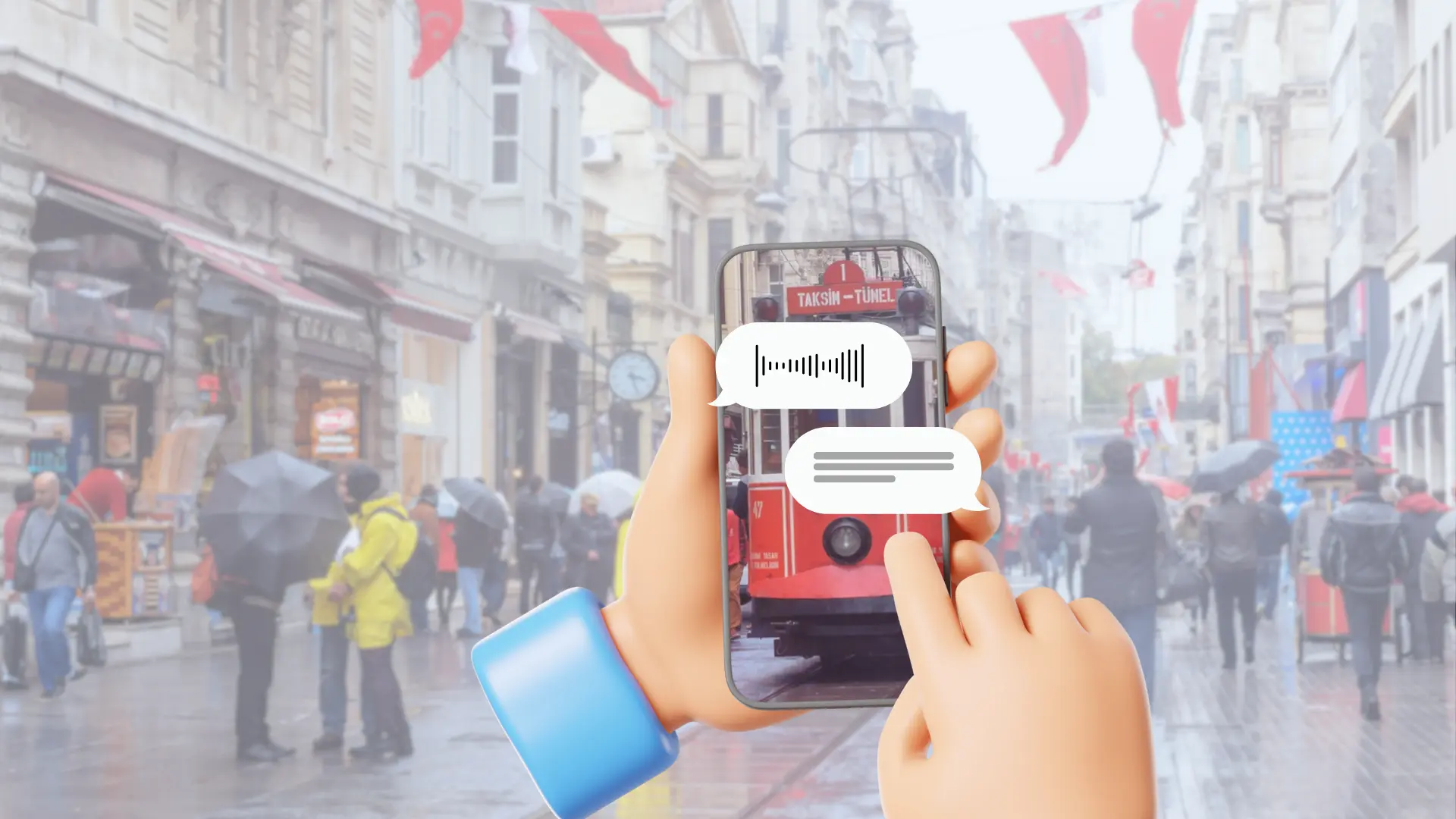
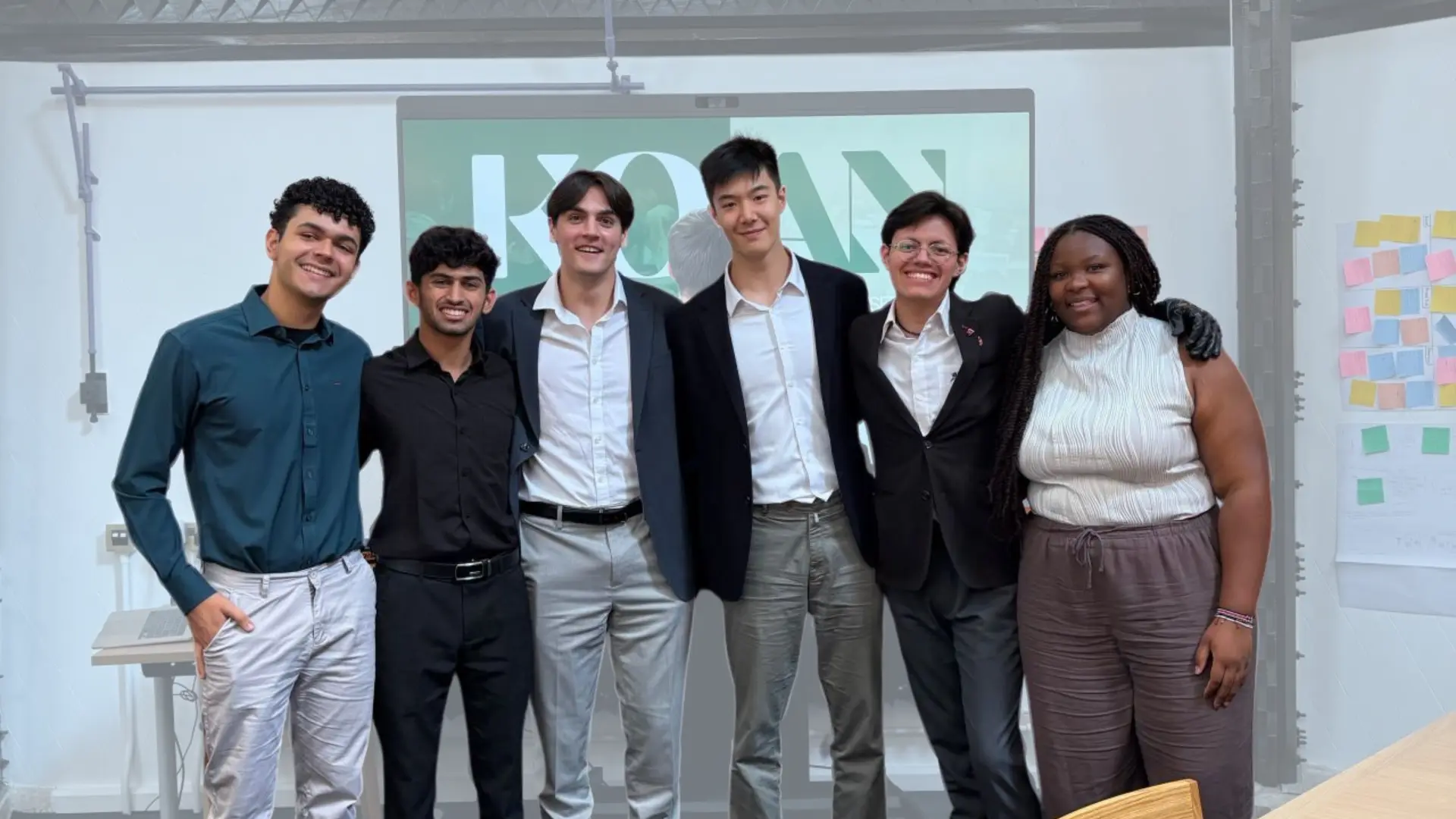


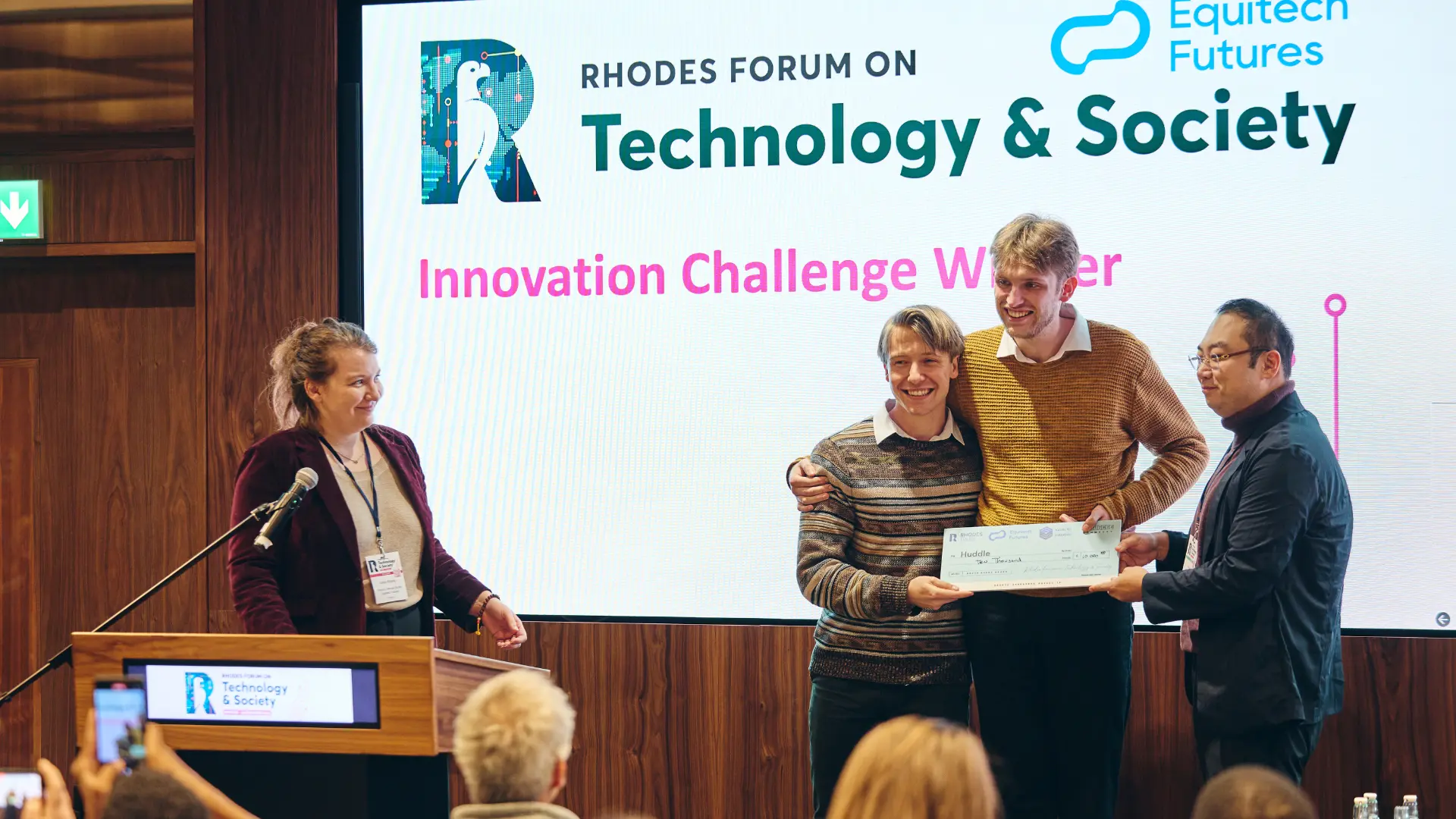






.webp)





.webp)


.webp)








.webp)
















.webp)

.webp)


.webp)


.webp)






.webp)


